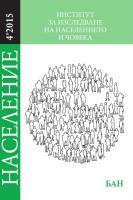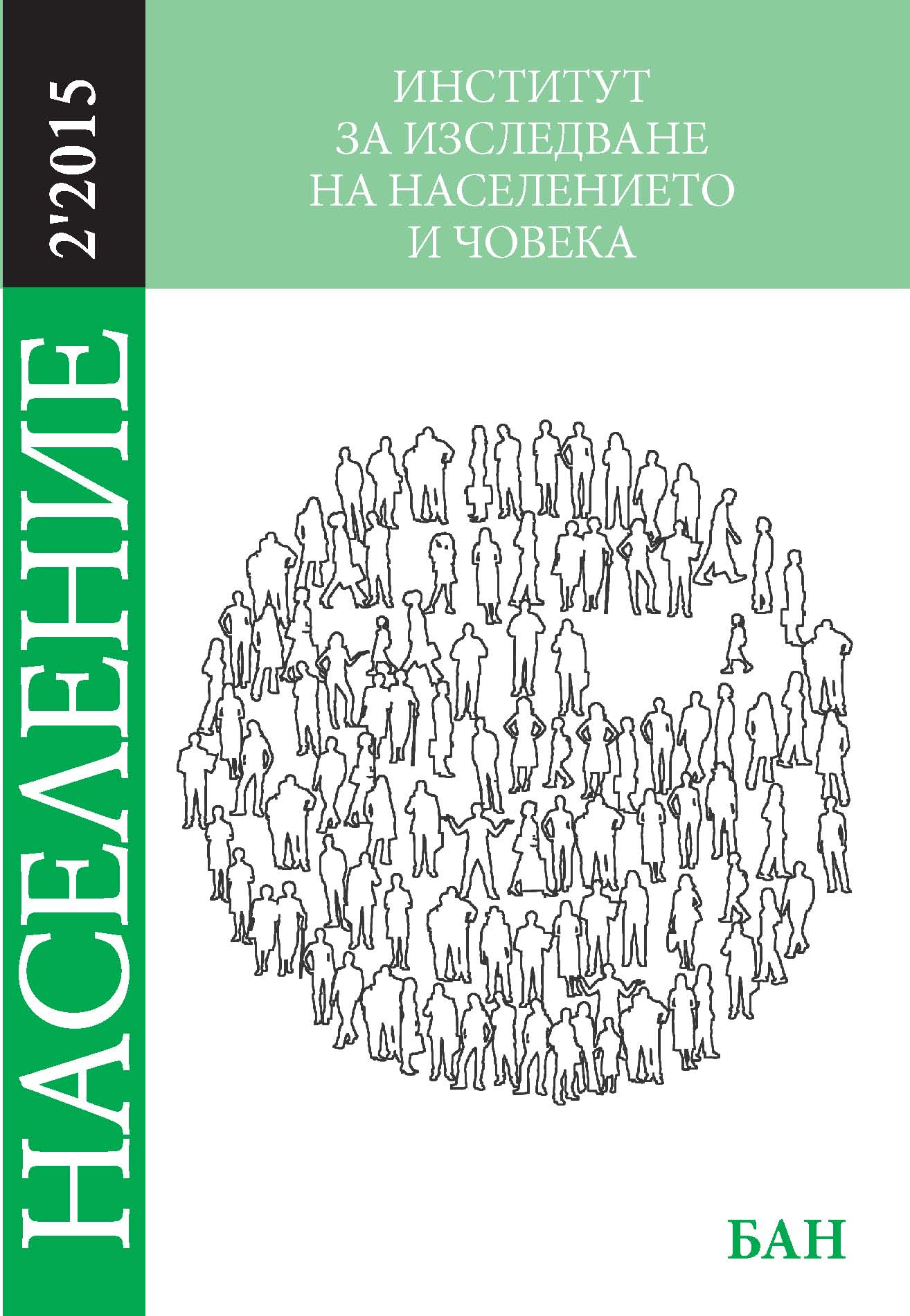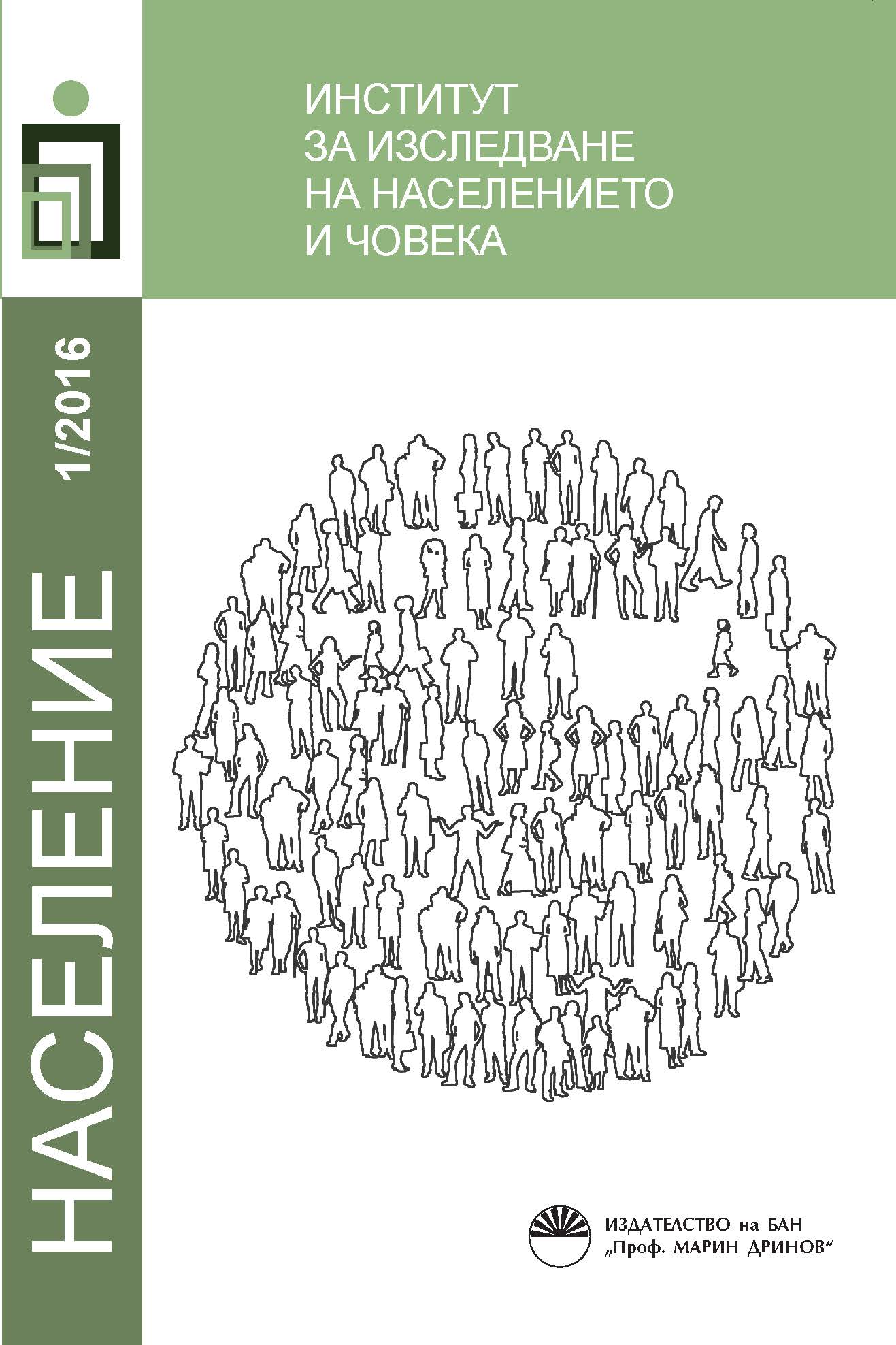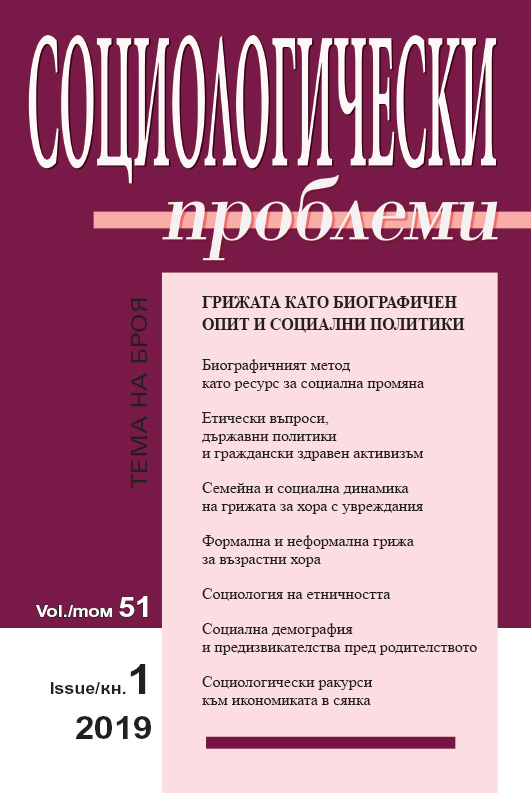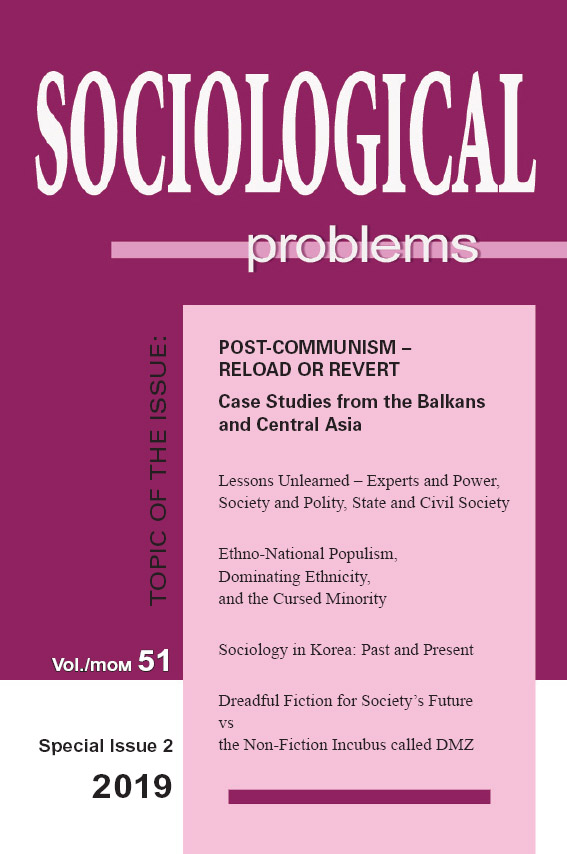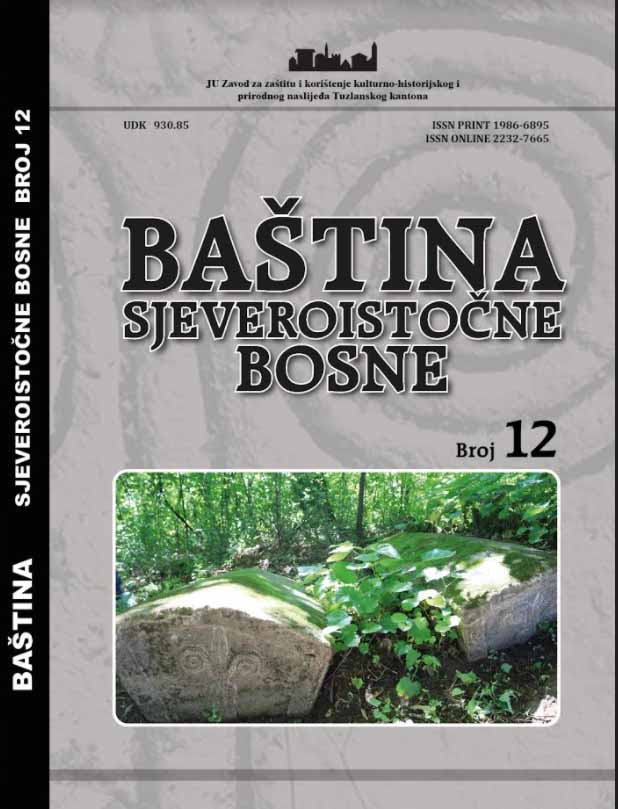Author(s): Sead Selimović / Language(s): Bosnian
Issue: 12/2020
The author writes about the gender, ethnic and educational structure of population of Bijeljina from 1945 to 1953. He points out that the area of Bijeljina was part of the Tuzla district after the Second World War. Since 1949, Bijeljina has been an integral part of the Tuzla region, and since 1952, it has been one of the 66 districts of the People's Republic of Bosnia and Herzegovina. The area of Bijeljina consisted of the District of Bijeljina and the City of Bijeljina. In the total population of Bijeljina, women were more numerous than men and made up 52.24% of the population of the District and 52.29% of the population of the City. Women played an important role in the socio-economic, cultural and educational life of Bijeljina.
Bosniaks, Serbs, Croats and members of other nations lived together in the area of Bijeljina, and the number of inhabitants was continuously increasing. In 1948 there were 77,482 inhabitants and in 1953, 86,865 inhabitants which was an increase of 9,383 persons or 11.49%. Serbs made up the majority in Bijeljina County (80%) and Bosniaks in the City (52%).
In the area of Bijeljina, in 1948, there were 51,031 persons or 65.86% of the population without education, 24,160 persons or 31.18% with completed primary school, and 1,649 persons or 2.13% of the population with lower secondary education. 565 persons or 0.73% had completed secondary school, and 73 persons or 0.09% of the population of Bijeljina had completed college and university. There were 32,522 women or 63.73% of the total number of persons without education and 18,509 men or 36.27% without education. In addition, the literacy of the population was at a very low level. As many as 22,139 or 37.76% of people over the age of nine were illiterate. In the area of Bijeljina, in the period 1945-1953., the number of primary schools increased from 34, 1946, to 53, 1953. In addition to primary schools, there were other schools: Teacher's, Gymnasium, Secondary Agricultural School. With such a population structure in Bijeljina, the reconstruction and the first five-year plan were carried out very ambitiously.
More...
